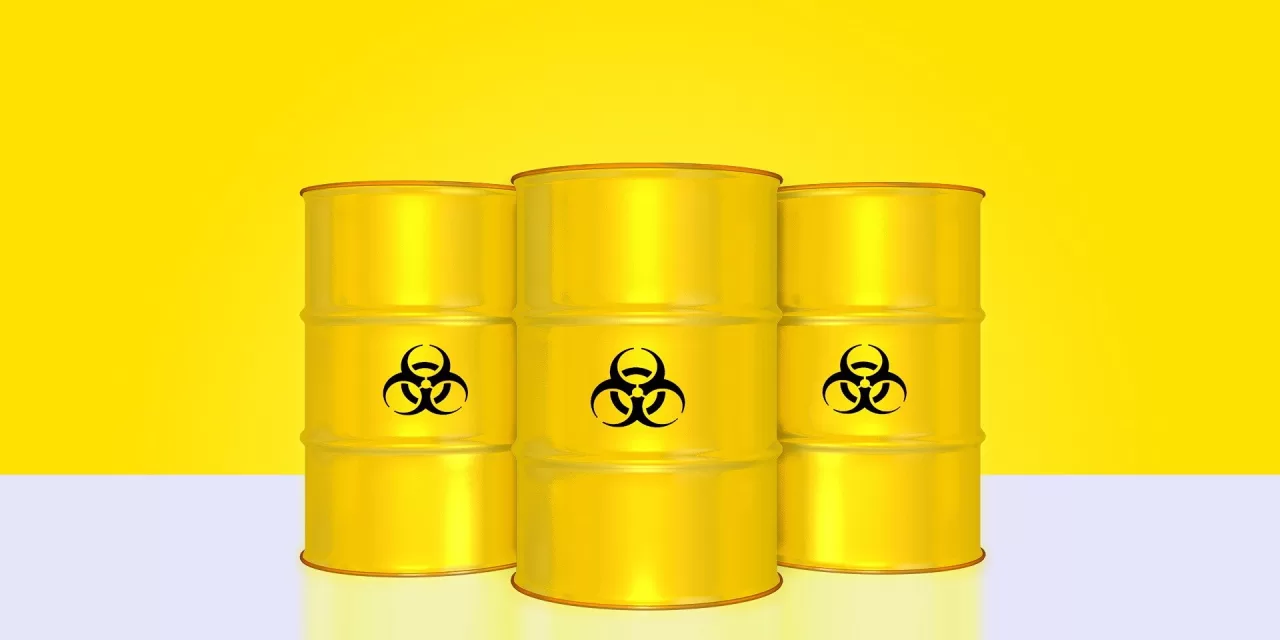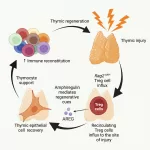In a historic move, the United States is set to ban nearly all uses of trichloroethylene (TCE), a chemical connected to Parkinson’s disease and other health issues, after more than five decades of widespread use. The ban, announced by the Environmental Protection Agency (EPA) in December 2024, will outlaw most uses of TCE within the next year. Certain industries such as aviation, refrigeration, and defense will have a decade to phase out its use.
TCE has been a common industrial degreaser for over 30 years, frequently used to remove grease and oil from metal, plastic, and even computer chips. Historically, it was used as a dry-cleaning solvent, in decaffeination processes, and as an anesthetic in some countries. Yet, despite its industrial applications, TCE’s harmful effects were often overlooked.
One of the leading voices in bringing attention to the dangers of TCE is Dr. Samuel M. Goldman, a Professor of Medicine at the University of California, San Francisco (UCSF). Goldman and his colleagues conducted the largest study to date linking high levels of TCE exposure with an increased risk of Parkinson’s disease, providing key scientific evidence that helped trigger the eventual ban.
Dr. Goldman explains that TCE’s prevalence in U.S. drinking water is staggering, with it being found in up to a third of sampled water, including locations near Modesto, Fresno, and Santa Rosa, California. He also pointed out that improper disposal and insufficient regulation allowed TCE to seep into groundwater, where it persists for decades.
TCE is now a known carcinogen, having been classified by the International Agency for Research on Cancer in 2012. While its cancer-causing effects have long been recognized, the focus has shifted toward its links to neurodegenerative diseases, including Parkinson’s. Dr. Goldman’s work has been instrumental in making that shift.
In 2023, Dr. Goldman’s study—conducted with UCSF colleagues—confirmed that exposure to TCE significantly raised the risk of Parkinson’s disease. The team compared the medical records of nearly 160,000 veterans, including those who served at the infamous Camp Lejeune, where the water supply was contaminated with TCE from the 1950s to the 1980s. Veterans stationed there had a 70% higher risk of Parkinson’s disease than those based elsewhere, though Dr. Goldman cautioned that the overall lifetime risk of developing Parkinson’s remains low at around 2%.
While the ban on TCE is a step forward, Dr. Goldman stresses that it is not a complete solution. TCE is still present in the environment, particularly in soil and groundwater, where it can release harmful vapors into nearby homes and businesses. The true danger of TCE exposure remains uncertain, and Dr. Goldman calls for continued research and public awareness to address the potential long-term health impacts.
He hopes that this landmark ban will not only protect future generations but also highlight the role of environmental factors in the rise of diseases like Parkinson’s. “We need more funding and greater public interest to understand how these chemicals are affecting public health,” Dr. Goldman concluded.
Disclaimer: The content of this article is based on information provided by the University of California, San Francisco, and may include scientific data that continues to evolve. Please consult health professionals for personalized medical advice.











